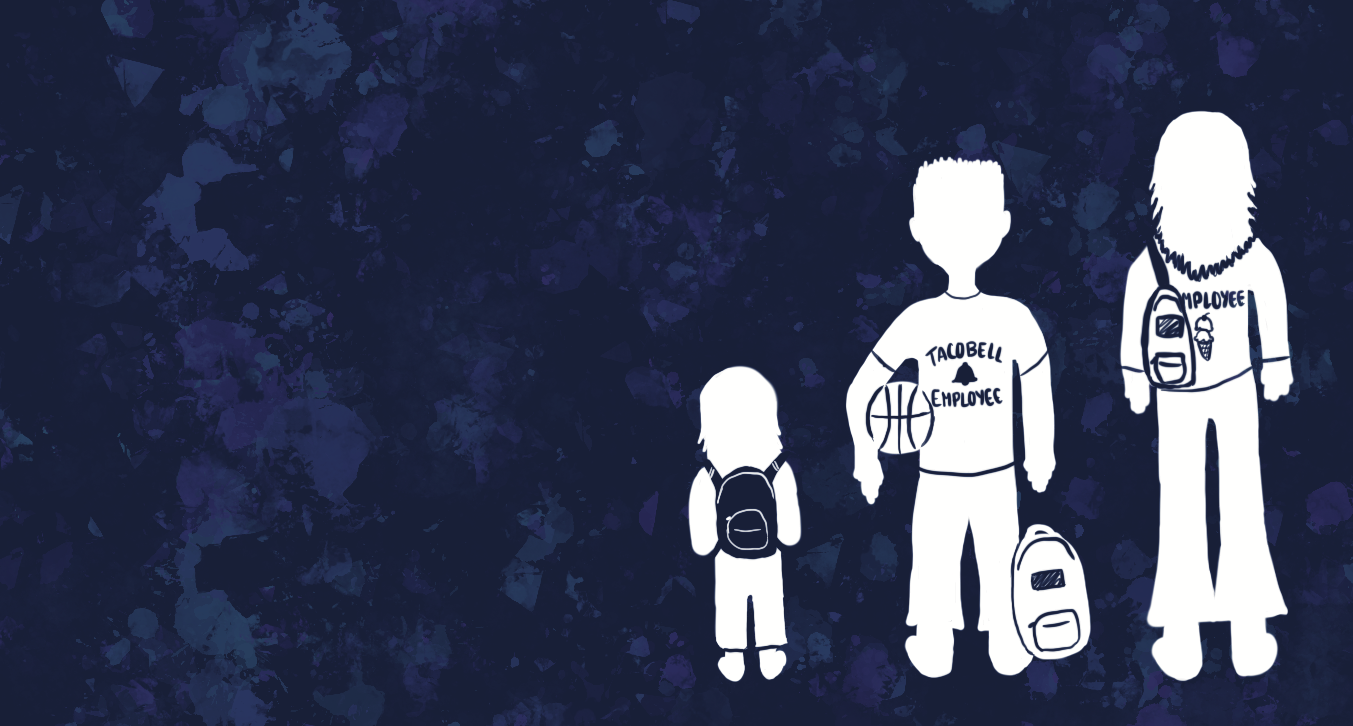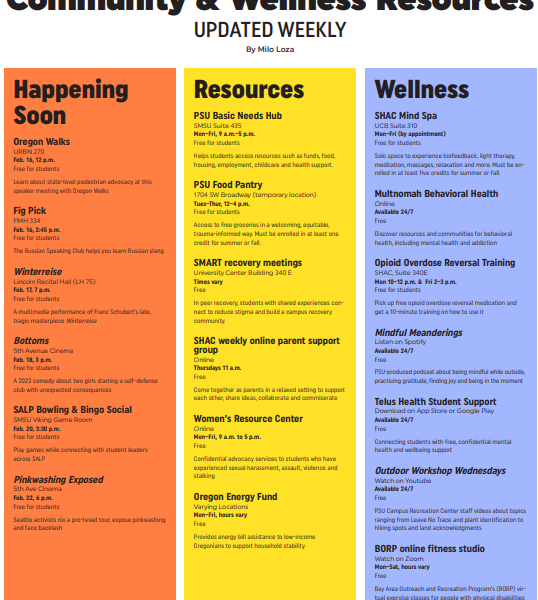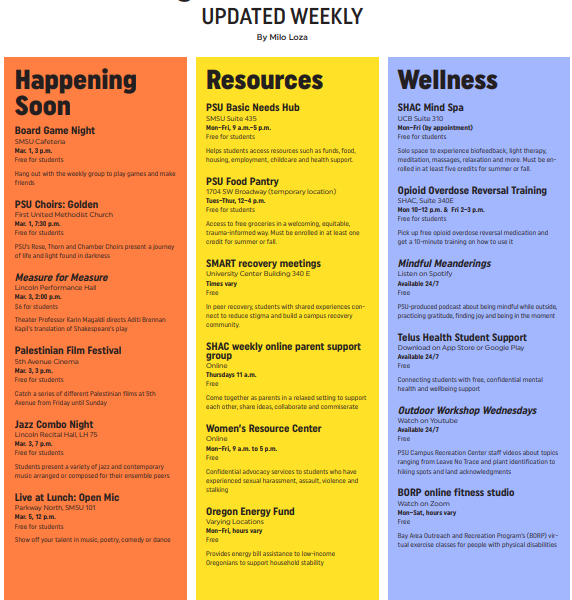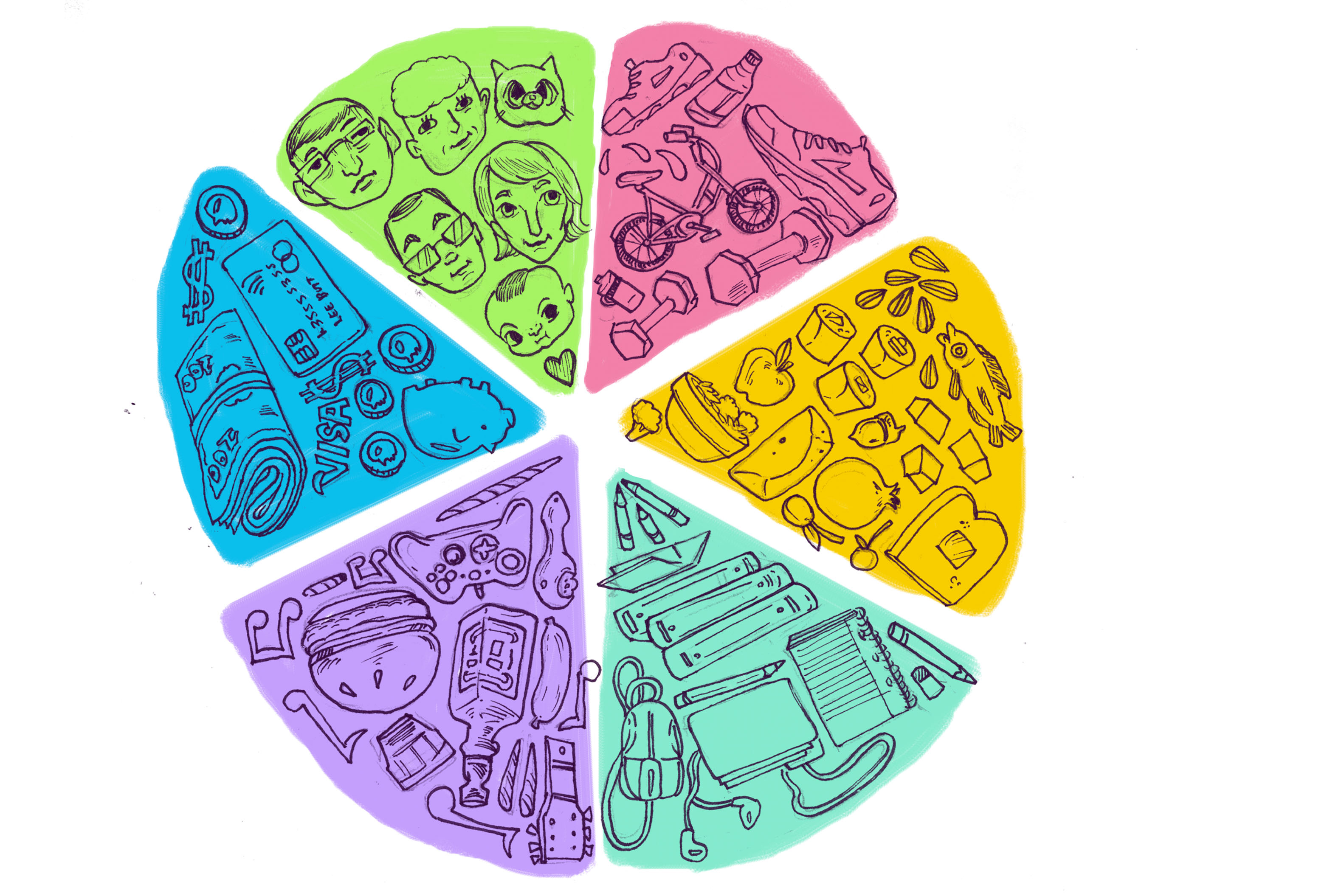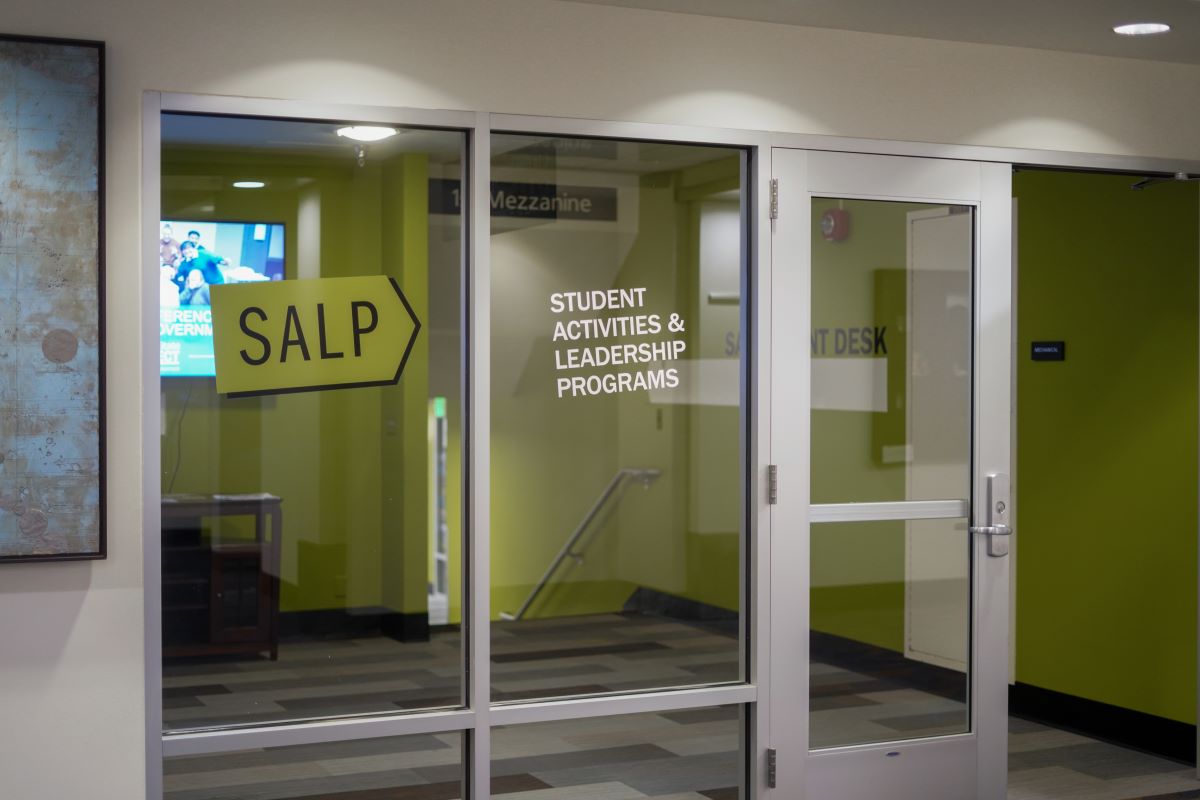Children should never have to do a grown-up’s job. However, unfortunately, this is not a reality even in the twenty-first century.
According to the European Union, 152 million children between the ages of 5–17 are being deprived of a normal childhood due to forced labor, 73 million of them having to do hazardous work that often results in illness, permanent physical or psychological disability and even death—22,000 thousand deaths per year, in fact.
This isn’t a flashback to the Industrial Revolution, as one might surmise. These numbers describe the global situation in this current decade, in which the United States sadly shares a role. Living in a modernized, first-world country can make it easy to overlook how many serious problems were everywhere in society a century ago and are still around today, and child labor is no exception.
It was common practice in the early 1900s for children to work jobs that frequently resulted in injury, illness or dismemberment, usually only being paid pennies for their toiling, according to the U.S. Bureau of Labor Statistics.
Naturally, there were many jobs much safer than those found in mines, mills and factories, but even the work on farms and in-home workshops, for example, was enough to make children prefer school over home life.
The distinction between help around the house and labor may have been viewed as irrelevant for the sake of survival in those days, but it is nonetheless an incredibly important one.
For those unaware, the Fair Labor Standards Act of 1938 spared children under 14 years old from most of the more severe or dangerous jobs. However, this act left the entire agricultural sector remarkably untouched, essentially holding the door open for children of all ages to continue working on farms today.
Legality does not equate to virtue, of course, as is proven by the fact that serious injury is still customary in these jobs. Every year in the U.S., approximately 115 children are killed in the course of farm work, and nearly 12,000 children experience a non-life-threatening injury of some kind, according to the National Center for Farmworker Health.
It isn’t only agriculture that violates human rights in this way. Multiple fast food companies, such as McDonald’s, Subway and Dunkin’ Donuts, were found last year to be guilty of similar—though admittedly far less tragic—infractions, according to the Washington Post.
In one case, Packers Sanitation Services was forced to pay $1.5 million in fines after it was found out that the company had employed over 100 minors to work in facilities housing dangerous pieces of machinery, such as bone saws and cattle head splitters.
Many of the children’s parents were also punished for their negligence.
What further compounds all this inhumanity is the pitiful truth that the children working these jobs have no real say in anything—not in what kind of work they do, nor whether they have to do it. The federal voting age has been 18 years old since 1971, although labor among children under 18 substantially outdates this.
The fact that taxes are still taken out of everyone’s earnings regardless of age directly deprives these children of U.S. Founding Father Patrick Henry’s demand for “no taxation without representation.”
Even if this weren’t an issue, many children are often forced to dedicate themselves to working these jobs due to poverty.
Rising costs of living, increased inequality and COVID-19, among many factors in the U.S., have forced children into the workforce at increasing rates to provide their families with extra income, according to University of Rhode Island Professor of Political Science Brendan Mark.
The option should always be on the table for kids to be kids, which the current economy prevents for many families. The obvious next step is to enforce the right for children to express their opinions or adjust wages to where the economy supports a livable wage, lowering the need for children to work.
Some states, however, are actively working to hinder progress made on this front. Arkansas, Iowa, New Jersey and New Hampshire unbelievably opted to loosen restrictions on child labor back in the summer of 2023 under the pretense of allowing younger adults the chance to “gain experience in the workforce even earlier in life,” according to U.S. News & World Report.
One solution many younger people are coming to that covers all of the aforementioned problems is not to have children. This dilemma of deciding between bringing children into a world where they would need to work and not having them all together is one reason for our country’s declining birthrate.
Although our political system is difficult to work with, given how little it functions like a representative democracy, we must express collective dissatisfaction and demand change. Child labor laws must be enforced, and wages must be increased to ensure no child is forced into work.

